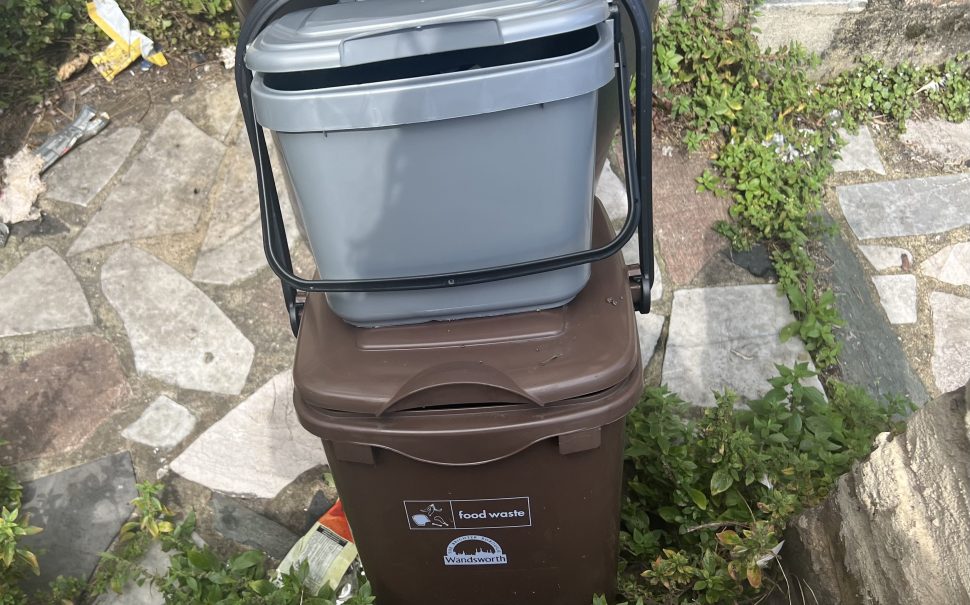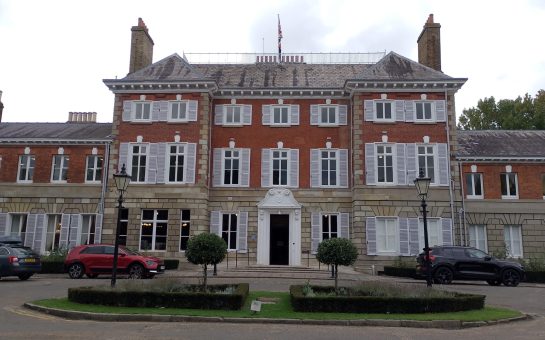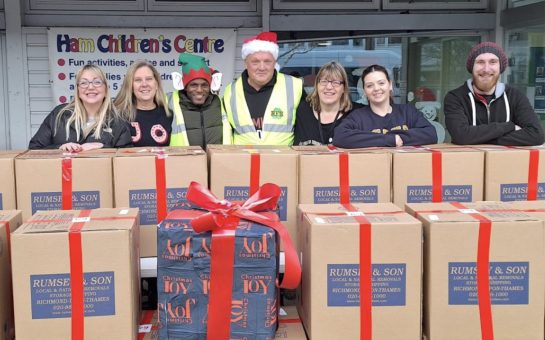Wandsworth Council has recycled more than 180 tonnes of food waste in the first few weeks of launching their Cleaner Borough plan, the equivalent of 15 London buses.
The plan, launched on 10th June after successful trials in Southfields and Bedford Hill, aimed to collect and recycle food waste to turn into agriculture fertiliser and produce bio-gas for the National Grid.
Between April and June, the council delivered an indoor and outdoor food waste caddy to each household and compostable candy liners to encourage residents to separate their food waste.
Alexander Grant, 22-year-old Wandsworth resident, said: “I’ve found the new food waste collection system really easy to use.
“It’s great to see the council taking steps to reduce waste and create renewable energy. I think it’s a positive move for our community and I’m happy to be a part of it.”
Another Wandsworth resident, James Reynolds, added: “I’m pleased to see local councils such as Wandsworth implementing waste collection and recycling projects which benefit the environment.
“Their recycling of food waste, collections of small electricals, energy-efficient vehicles and the continued commitment for weekly collections is welcome as a current resident.
“Provided guidance is clear and readily available, and they stick to their commitments around weekly collections, this seems like a great set of initiatives which will benefit the area.”
The plan covers more than 80,000 households for food waste collection in the borough.
Items that can be recycled as food waste include bread, fruit, meat and bones, eggshells, dairy, tea and coffee grounds, and fish.
Liquids such as milk, oil, and gravy are excluded from food waste recycling.
Compostable liners are recommended for usage, but the council has also said that old newspaper, paper bags or kitchen rolls can be used as an alternative to outlining the caddy.
Compostable liners are made of corn or potato starch and will biodegrade completely in as few as 30 days in a controlled commercial process.
Councillor Judi Gasser, Cabinet Member for Environment, said: “It’s great to see so many people making use of our new food waste collection service, which is already making a huge difference to the amount that has been recycled since it started in June – all part of our ambitious Cleaner Borough Plan.
“It’s a new service, so please do bear with us as the new crews get used to their collection routes, which takes time to bed in.
“Week on week we are making improvements to our collection service and will continue to do this, as we help everyone locally to do the right thing with their rubbish and recycling.”
The council has also introduced a new weekly collection of small electricals such as batteries, a toaster, or an electric kettle.
According to the UK Department for Environment, Food & Rural Affairs in 2018, just 12% of waste was generated from households while 62% was construction, demolition and excavation waste and 19% was commercial and industrial waste.





